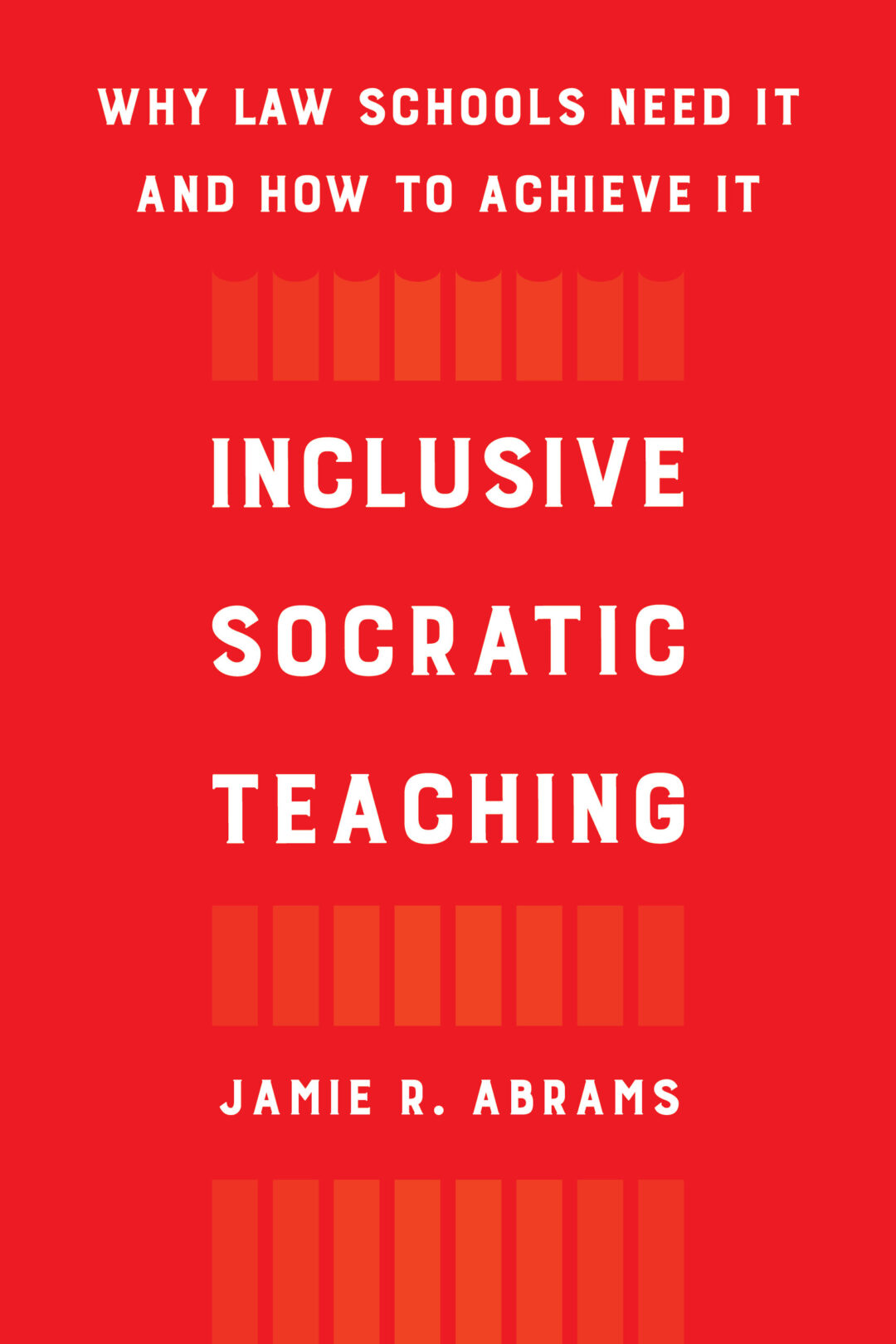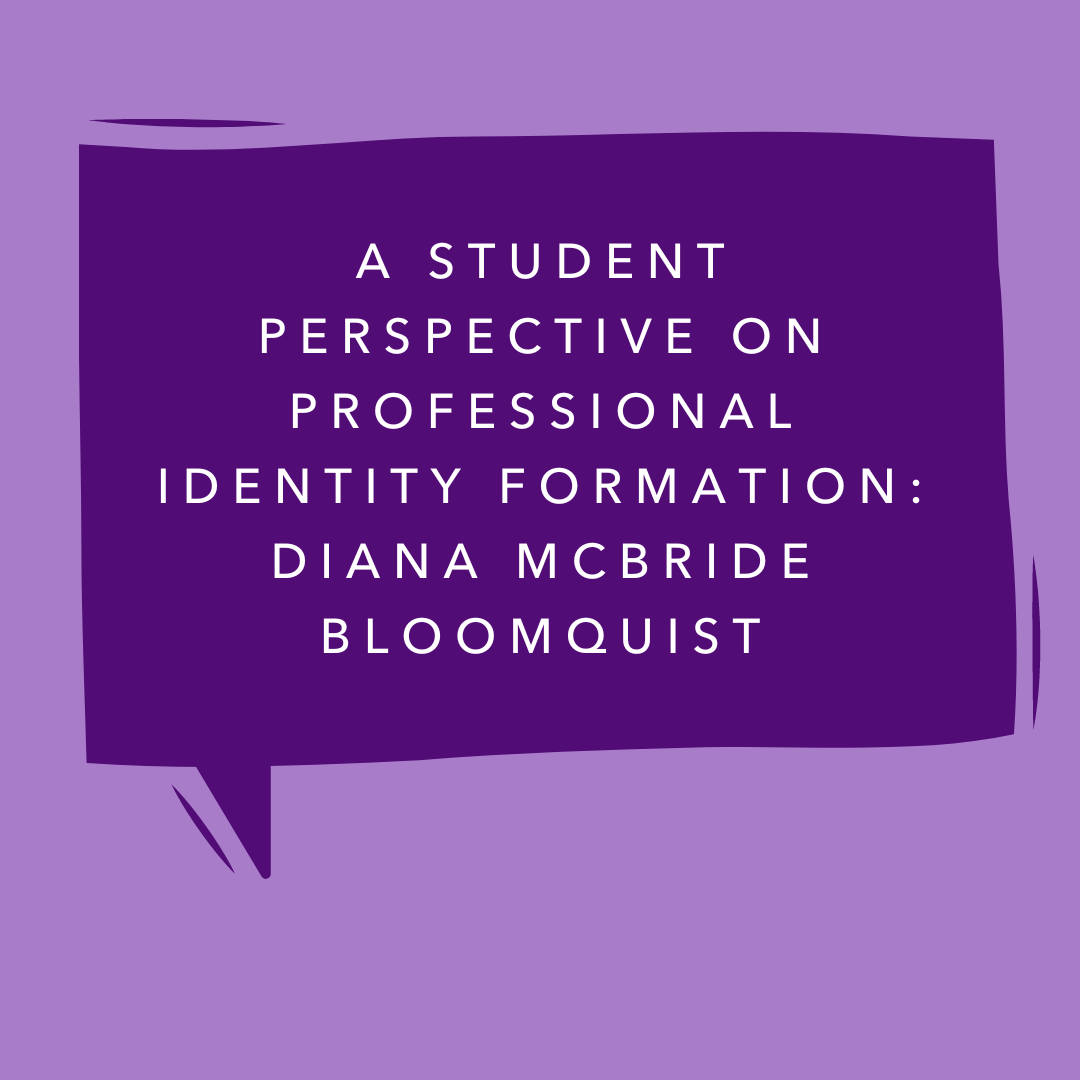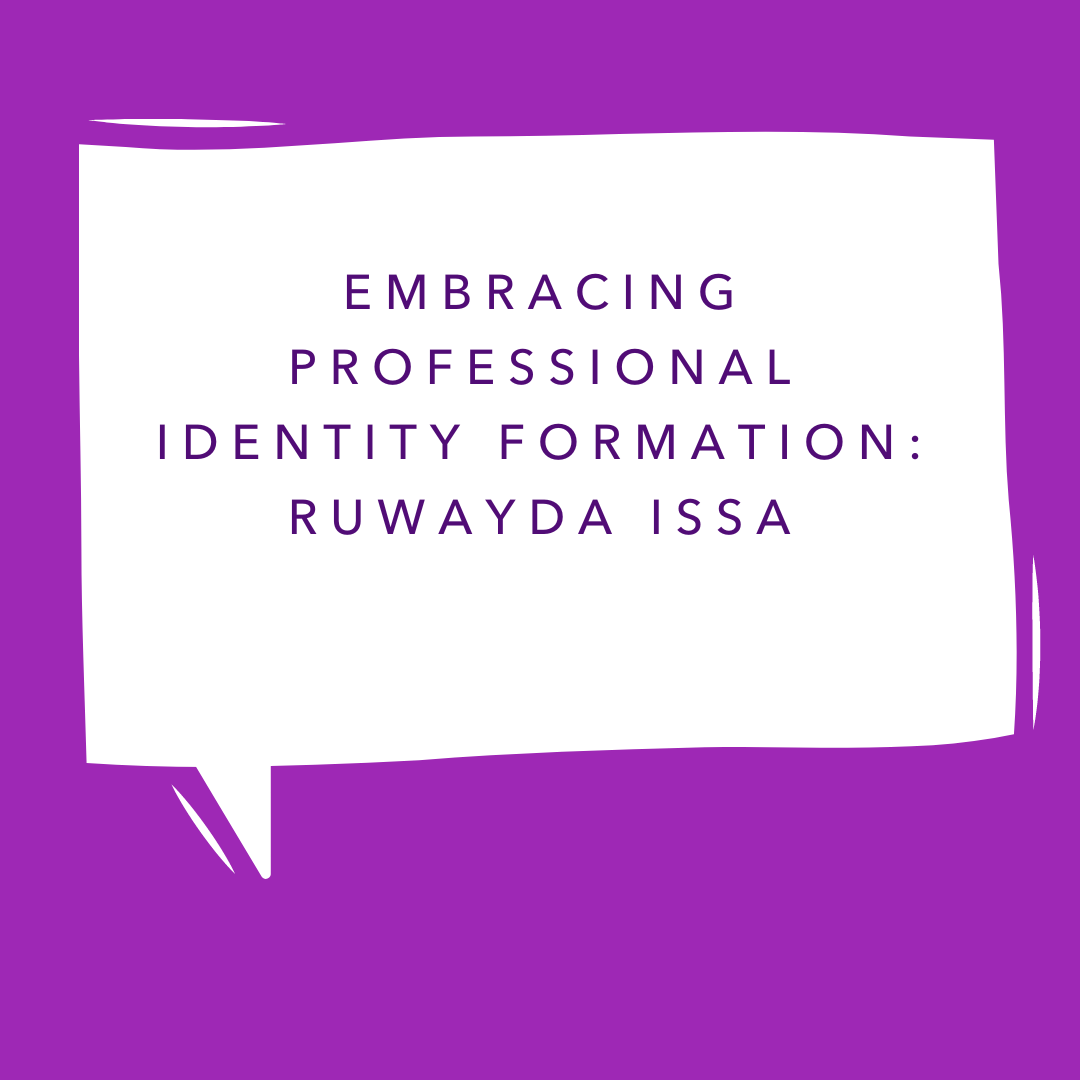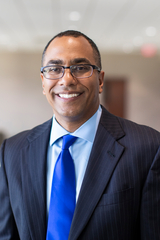By: Stephanie E. Kupferman, Associate Professor of Law, Vermont Law and Graduate School
Colette C. Schmidt, Assistant Director of Career Services, Vermont Law and Graduate School
** TRIGGER WARNING: This blog post discusses the importance of good eating habits and toxic diet culture as related to the legal profession. If you are struggling with an eating disorder, please know that you’re not alone. Please refer to the following website: https://www.nationaleatingdisorders.org/get-help/ and consider these following helplines:
YOU: Why do I feel terrible?
BODY: Coffee is not a meal.
BODY: Eat a vegetable.
BODY: Sleep.
YOU: Guess we’ll never know.
BODY: Oh my God……..
__________________________________
While becoming an attorney is an undoubtedly fulfilling career, the requisite journey is a grueling process—a process that just doesn’t simply end when you become a barred attorney. From the genesis of a student’s legal career until retirement, the legal profession is, at minimum, unbelievably strenuous, taking its toll on the body and mind. From meeting client expectations to keen attention to detail, long hours, and billable hour requirements, when does an attorney find time to perform basic human functions, such as maintaining a healthy, nutritious way of eating?
Food is vital to brain function and performance. Due to the demands that accompany the legal profession, it is essential for a lawyer to maintain a balanced and nutritious way of eating.[1] A 2024 study conducted by the University of Warwick stated that “[a] balanced [way of eating] was associated with better mental health, superior cognitive functions and even higher amounts of grey matter in the brain–linked to intelligence–compared to those with a less varied diet.”[2] Further, sticking to foods that are low in salt, saturated fat, and sugar; avoiding processed foods; eating vegetables, fruit, and protein; and drinking lots of water are just among a few of the smaller choices that law students and lawyers can make on a daily basis.[3] Other attorneys have recommended stricter eating habits, such as a Mediterranean-based selection of food, which is “often hailed as one of the healthiest [eating selections] in the world,” and is “rich in fruits, vegetables, whole grains, lean proteins (such as fish and poultry), and healthy fats (like olive oil and nuts).”[4] According to several studies, this way of eating yields improved sleep, reduction in inflammation, an increase in lifespan, a lower risk of heart disease in individuals assigned females at birth, a reduced risk of dementia and prostate cancer, improved vision with aging, and improved mental health.[5] Accordingly, it is absolutely imperative for attorneys to find time to eat as their mental health, work quality, and clients depend on it. One might even go so far as to recommend carving out eating times in a daily calendar.
But what appears to be more likely than not is that law students and attorneys will dismiss eating outright or work through lunch, blaming their lack of appetite on being too busy or stressed. When asked whether someone “has eaten today,” it is far too easy to respond with a small fib (e.g., “Of course I have!” or “I promise I’ll eat when I’m done with this outline/research assignment/brief.”). But what if the reason behind poor eating habits isn’t about the type of food eaten or the number of hours in a day? What if there is another issue lurking in the great depths of the legal profession, hidden behind carefully placed masks of unbreakable composure and perfection?
Unfortunately, data on attorneys who suffer from eating disorders does not appear to exist.[6] Even the 2016 Study on Lawyer Impairment referenced in last week’s blog post fails to address eating disorders as a separate and distinct category of mental health.[7] However, in the spring of 2014, fifteen law schools across the country engaged in a Survey of Law Student Well-Being (SLSWB).[8] In the survey, five questions were targeted at identifying eating disorders; further, two of those questions answered in the affirmative were indicative of a potential eating disorder.[9] The results were higher for law schools than those found in other programs: 27% of respondents showed signs of an eating disorder compared to 18% of undergraduate respondents and 14% of graduate respondents.[10] Further, 18% of law school respondents who screened positive for an eating disorder identified as male, whereas 34% identified as female.[11] Frighteningly, these results were inconsistent with a question on the SLSWB that asked about a formal diagnosis, in which approximately 3% of respondents said yes.[12] Of note, less than 3% of law school respondents reported receiving this diagnosis prior to law school.[13]
The landmark 2014 SLSWB study has certainly been impactful; in fact, the article summarizing the study has been downloaded more than 12,000 times.[14] A similar survey, once again only targeting law students, was conducted in 2021 (2021 SLSWB Survey).[15] Notwithstanding the 2015 DSM 5 reclassification of eating disorders,[16] the results were even more alarming than those initially identified in 2014: 29% of respondents showed signs of an eating disorder and 6.3% of individuals reported a formal diagnosis, 12% of whom reported receiving the diagnosis following the beginning of their law school careers.[17] The 2021 SLSWB survey still showed a large disparity in respondents’ gender identity: 35% of respondents who screened positive for an eating disorder identified as female and 19% of respondents identified as male.[18]
Why do so many of our students, and likely lawyers, suffer from eating disorders? Researchers have found that “eating disorders are caused by a complex interaction of genetic, biological, behavioral, psychological, and social factors.”[19] Whether it’s the similar personality types and high performers, sense of competition to be the best, fear of failure or vulnerability, societal pressures, or a mix of some (or more) of these factors, the law school environment that exists today across the country does not hold itself out to be a safe space for our students. Reading blogs online about former students’ struggles with eating disorders behind façades of a calm, cool, and collected appearance is deeply disturbing. One student recounted having “great grades” and being perceived as “an example of how to succeed in law school,” but resulted in having a significant eating disorder and burnout that the student had to attempt to remedy for the remainder of their law school career.[20] Another student recounted the toll that competing with students who used Ritalin to succeed academically had on their body.[21] One student recalled an on-campus bathroom where students “hung out and talked about how much [they] loved exercising while [they] ate [their] one tiny meal of the day.”[22] Many of these accounts also discussed obtaining high academic performance and law school success while they struggled privately.[23]
As a society, we have championed weight loss, particularly among those who identify as female. Alissa Rumsey, registered dietitian, nutrition therapist, certified intuitive eating counselor, and author, stated:
[o]ur culture equates thinness to health, happiness, attractiveness and worthiness, a system of beliefs that is often referred to as diet culture. To be thin is to be deemed morally superior, whereas to be fat is to be seen as unhealthy, lazy and a failure. In this way, our culture promotes dieting and weight loss as a way to achieve a higher status and worthiness. We’re told that we have to eat a certain way and be a certain size to be “healthy.”[24]
Weight bias and toxic diet culture are extremely dangerous for several reasons. Aside from the racist and sexist implications that accompany both of these dangers, anorexia has the highest mortality case rate of any other mental illness.[25] Studies show that a person dies from an eating disorder every 52 minutes.[26] Further, toxic diet culture masks other significant physical and mental health disorders; individuals have the tendency to assume that weight loss, no matter how rapid, is intentional and thus positive.[27] Weight bias and toxic diet culture also have economic impacts as well: a 2011 report revealed that a woman’s income might decrease by 6% for every additional 10% of her body mass, heightening an already unequal pay gap.[28]
Throughout our time in law school and while practicing, we both saw firsthand the demands associated with a successful career in private practice and beyond; we also experienced the societal pressures cast on those who identify as female to stay fit, healthy, and well-dressed while doing so. Professional aspirations, combined with societal pressures to be perceived as “thin” and the taboo nature of discussions surrounding eating disorders, perpetuate suffering in silence.
The absence of data cannot lead us to forget our colleagues, especially those who identify as male, within the legal profession. In April of 2017, Brian Cuban, Author and Keynote Speaker, published a popular blog, relaying the following story:
I remember the day in April 2007 I finally confided to my psychiatrist that I was struggling with drugs and alcohol. I did not mention at that time that I also struggled with both exercise and traditional bulimia for over two decades.
I felt completely stigmatized and alone in my eating disorder and did not feel that anyone, including him could understand or help. Adding to the stigma was my profession. Not only was I a male with an eating disorder, I was a male lawyer with an eating disorder. How stigmatizing was that? I have spoken openly about my eating disorder recovery for years and to this day, I am unaware of any other male in the legal profession who has publicly professed to dealing with an eating disorder. The hard statistics of how many males are afflicted with eating disorders tell us that they are of course out there. Along those same lines, I have received numerous emails from females in the legal profession who are struggling or in recovery from [eating disorders].[29]
Brian then discussed how it took time and a level of special vulnerability for him to be open to help and able to participate in recovery.[30] With regard to his personal eating disorder, he stated: “Binging and purging was a huge stress release for me during both law school and as [a] practicing lawyer. The same was true of my obsessive-compulsive exercise. Probably my biggest trigger issue present today.”[31] In closing, he recommended that his audience “be vulnerable and let those feelings out.”[32]
We can no longer let ourselves, or our colleagues, use being busy or stressed as an excuse to mask eating disorders. Please nourish your body and mind. Get help if you need it, your loved ones will thank you for it. Be vulnerable. Let those feelings out. Check in on your friends, colleagues, and students and allow yourself to be checked in on, too. No career path is worth the expense of your mental and physical health. And we promise, you are not, nor will you ever be, alone.
[1] The Best Diets for Attorneys, The Impact Lawyers, https://theimpactlawyers.com/articles/the-best-diets-for-attorneys (last visited July 17, 2024).
[2] New Research Shows ‘Profound Link’ Between Dietary Choices and Brain Health, ScienceDaily (Apr. 24, 2024), https://www.sciencedaily.com/releases/2024/04/240424111638.htm#:~:text=A%20balanced%20diet%20was%20associated,with%20a%20less%20varied%20diet.
[3] Id.; see also Eating Processed Foods, NHS (last reviewed June 12, 2023), https://www.nhs.uk/live-well/eat-well/how-to-eat-a-balanced-diet/what-are-processed-foods/ (“Not all processed foods are unhealthy but some processed foods may contain high levels of salt, sugar and fat.”).
[4] [4] The Best Diets for Attorneys, The Impact Lawyers, https://theimpactlawyers.com/articles/the-best-diets-for-attorneys (last visited July 17, 2024).
[5] Beth Ann Mayer, 8 Ways the Mediterranean Diet Can Help You Live a Longer and Healthier Life, healthline (Apr. 25, 2023), https://www.healthline.com/health-news/8-ways-the-mediterranean-diet-can-help-you-live-a-longer-and-healthier-life#How-to-start-the-Mediterranean-diet.
[6] See Don Blackwell, Why Lawyers Should Begin Discussing About Mental Health’s No. 1 Killer, rocket matter, https://www.rocketmatter.com/blog/why-lawyers-need-to-start-talking-about-mental-healths-no-1-killer/ (last visited July 17, 2024) (“Similar data for practicing attorneys is sparse, if not non-existent.”).
[7] Id.
[8] Jerome M. Organ, David B. Jaffe, & Katherine M. Bender, Ph.D., Suffering in Silence: The Survey of Law Student Well-Being and the Reluctance of Law Students to Seek Help for Substance Use and Mental Health Concerns, 66 J. of Legal Edu. 1, 166 (Autum 2016).
[9] Id. at 138.
[10] Id. at 139.
[11] Id.
[12] Id.
[13] Id.
[14] David Jaffe, et al., ‘It is Okay to Not Be Okay’: The 2021 Survey of Law Student Well-Being, 60 U. Louisville L. Rev. 439, 439 (2022).
[15] Id.
[16] Note, however, that the criteria for disordered eating has changed to encapsulate a broader range of people from 2014 to 2021: “Thus, one could surmise that with the new classification system, which includes more than anorexia and bulimia, that there are a larger percentage of individuals who meet the criteria for disordered eating now who did not in 2014.” Id. at 466.
[17] Id. at 465-66.
[18] Id. at 466.
[19] Eating Disorders, Nat. Inst. of Mental Health, https://www.nimh.nih.gov/health/topics/eating-disorders#:~:text=Researchers%20are%20finding%20that%20eating,the%20study%20of%20human%20genes. (last visited July 17, 2024).
[20] Staci Zaretsky, The Struggle: When Law School Gives You An Eating Disorder, Above the Law, https://abovethelaw.com/2016/08/the-struggle-when-law-school-gives-you-an-eating-disorder/ (Aug. 24, 2016).
[21] Id.
[22] Id.
[23] Id.
[24] Alyssa Rumsey, MS, RD, CDN, CSCS, Why Are We So Focused on Weight Loss?, US News (Nov. 27, 2020), https://health.usnews.com/health-news/blogs/eat-run/articles/is-weight-loss-even-important.
[25] Eating Disorder Statistics, ANAD, https://anad.org/eating-disorder-statistic/#:~:text=In%20a%20sample%20from%20an,positive%20for%20an%20eating%20disorder.&text=Anorexia%20has%20the%20highest%20case,rate%20of%20any%20mental%20illness.&text=10%2C200%20deaths%20each%20year%20are,one%20death%20every%2052%20minutes (last visited July 18, 2024).
[26] Id.
[27] See Melinda Ratini, DO, Did Your Doctor Fat-Shame You? Was it Weight Bias?, WebMD (Mar. 15, 2024), https://www.webmd.com/balance/features/weight-stigma-fat-phobia.
[28] Pallavi Gogoi, The Weight Bias Against Women in the Workforce is Real – and its Only Getting Worse, npr (Apr. 29, 2023), https://www.npr.org/2023/04/29/1171593736/women-weight-bias-wages-workplace-wage-gap.
[29] Brian Cuban, Eating Disorders: A Secret in the Legal Profession, Blog (Apr. 26, 2017), https://briancuban.com/eating-disorders-a-secret-in-the-legal-profession/.
[30] Id.
[31] Id.
[32] Id.
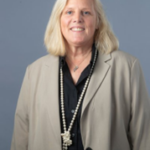
Stephanie E. Kupferman, an associate professor of law, joined the Vermont Law & Graduate School Externship team in 2018, where she works to place law students in legal offices throughout the country for law school credit. Prior to joining VLGS, Stephanie was a seasoned litigator in NYC.

Colette C. Schmidt joined Vermont Law & Graduate School as the Assistant Director of Career Services in August of 2023, where she specializes in JD degree and career counseling, interviewing, and networking skills. Before law school, Colette worked in complex civil litigation and is licensed in both New Hampshire and Vermont.












